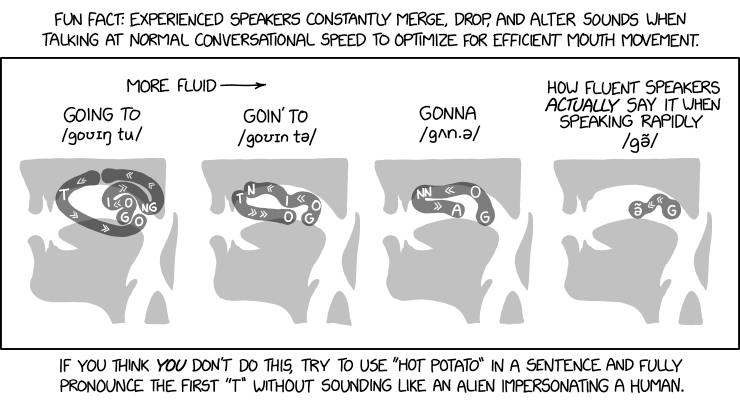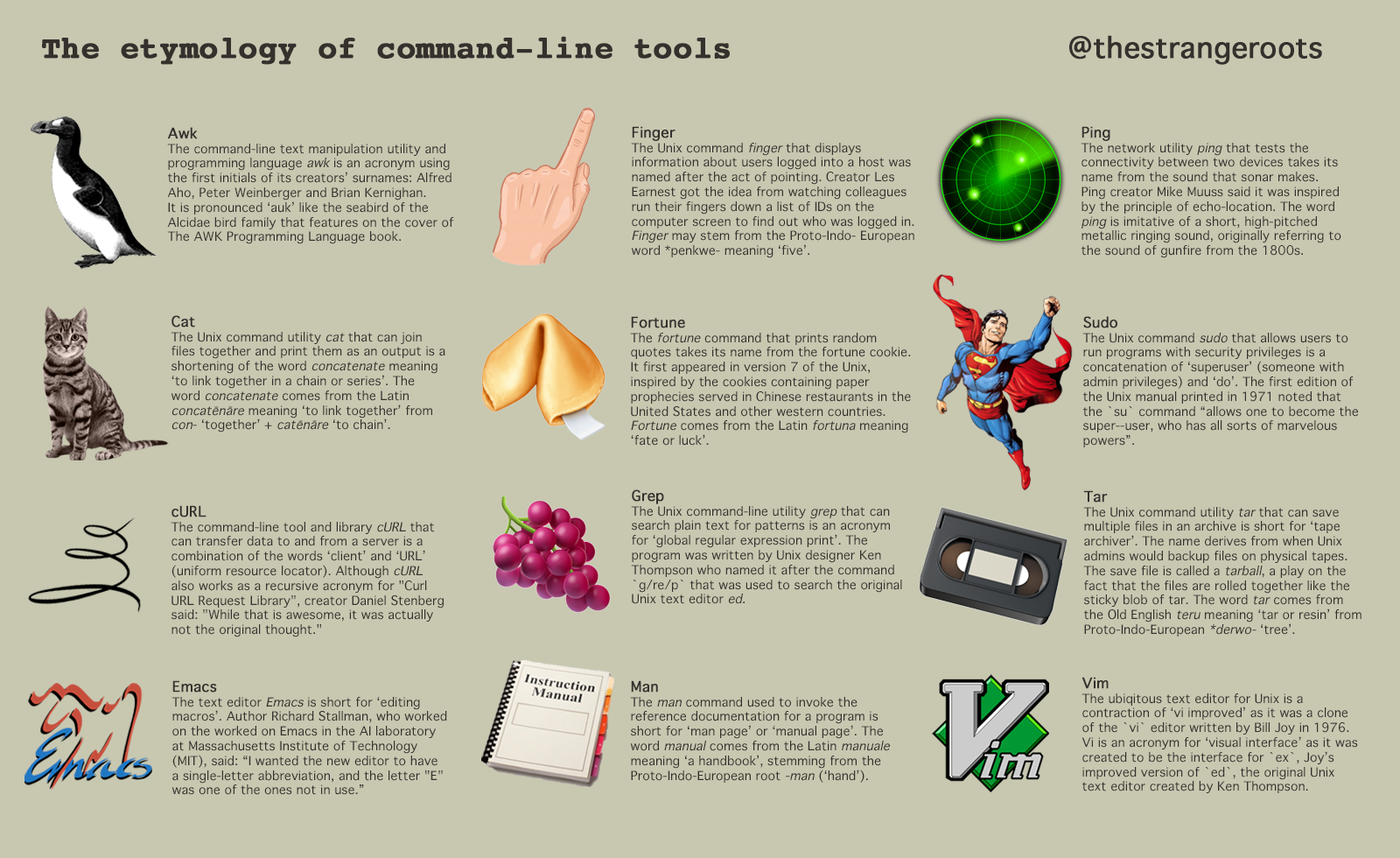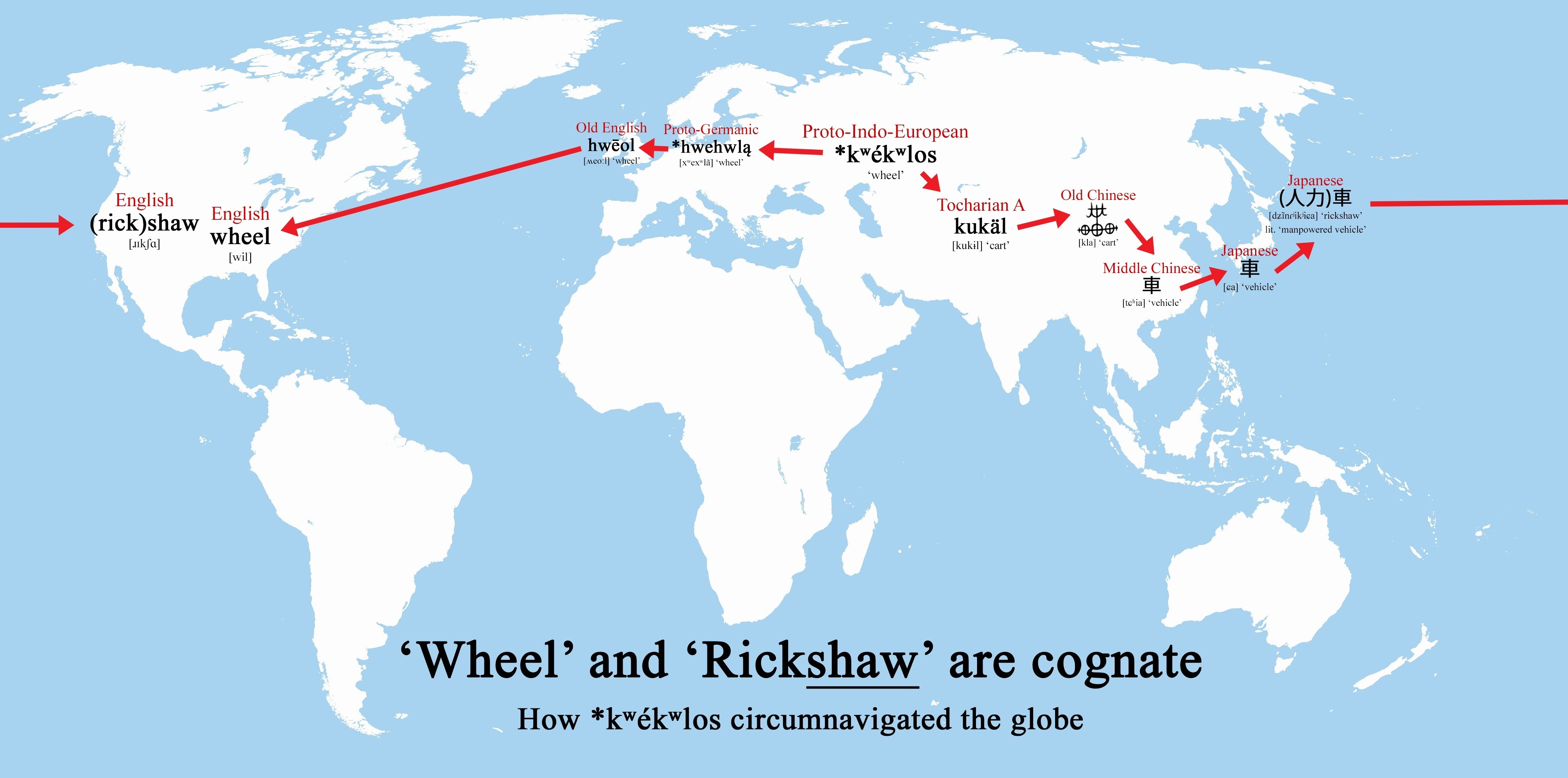2
80
4
8
6
14
How 'Not' Changes Everything: Brain Interprets Negated Adjectives - Neuroscience News
(neurosciencenews.com)
12
14
15
144
16
13
18
45
21
21
Sloshed, plastered and gazeboed: why Britons have 546 words for drunkenness
(www.theguardian.com)
22
9
view more: next ›
Linguistics
380 readers
1 users here now
Welcome to the community about the science of human Language!
Everyone is welcome here: from laymen to professionals, Historical linguists to discourse analysts, structuralists to generativists.
Rules:
- Stay on-topic. Specially for more divisive subjects.
- Post sources whenever reasonable to do so.
- Avoid crack theories and pseudoscientific claims.
- Have fun!
Related communities:
founded 5 months ago
MODERATORS



